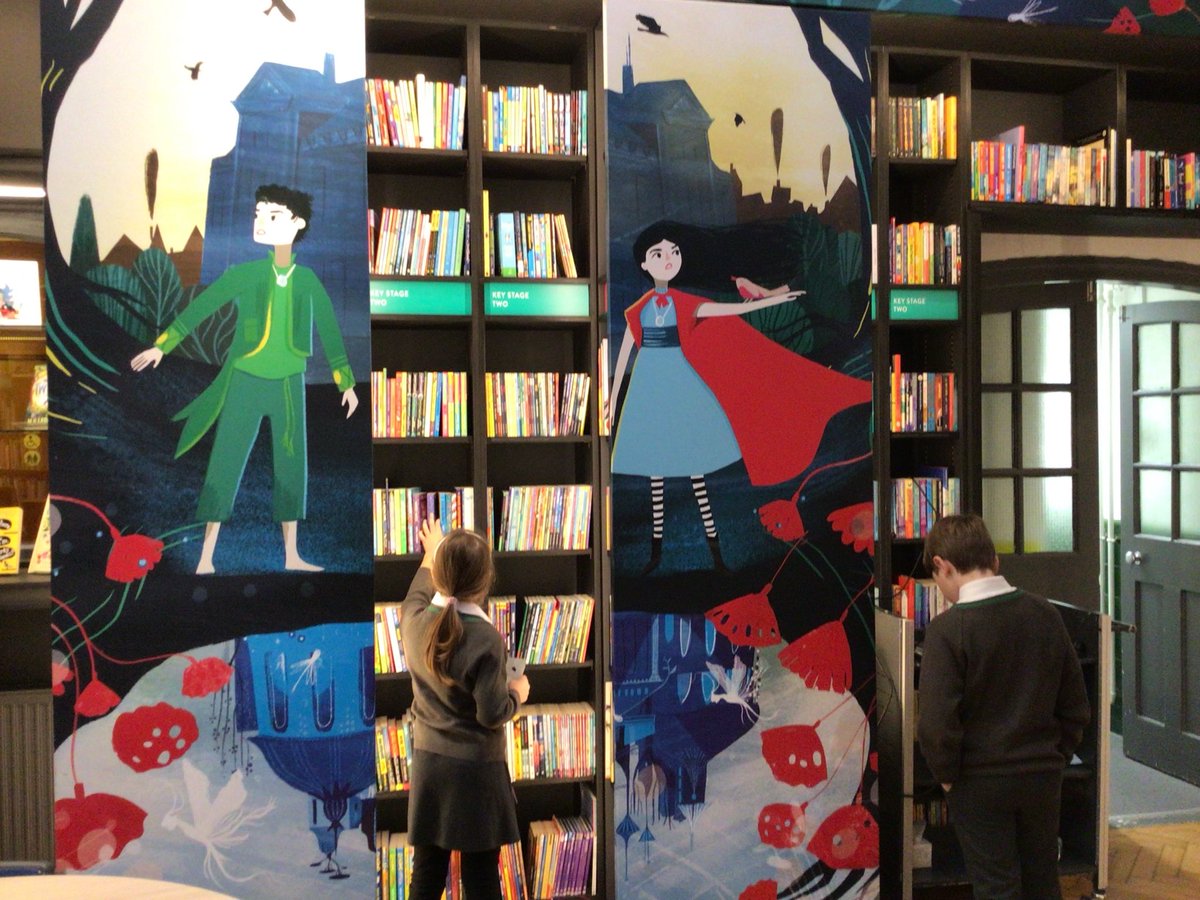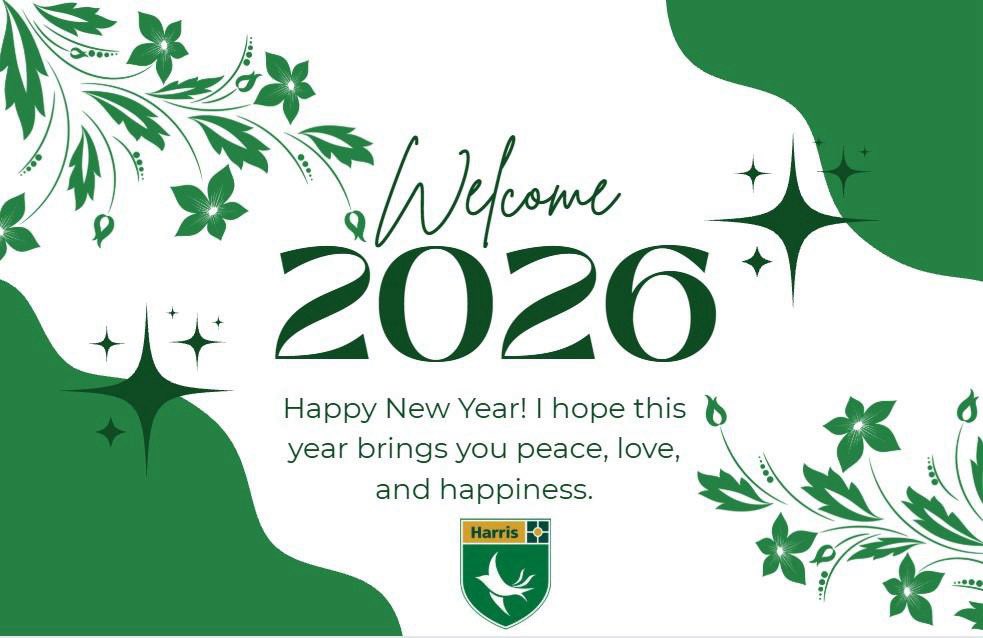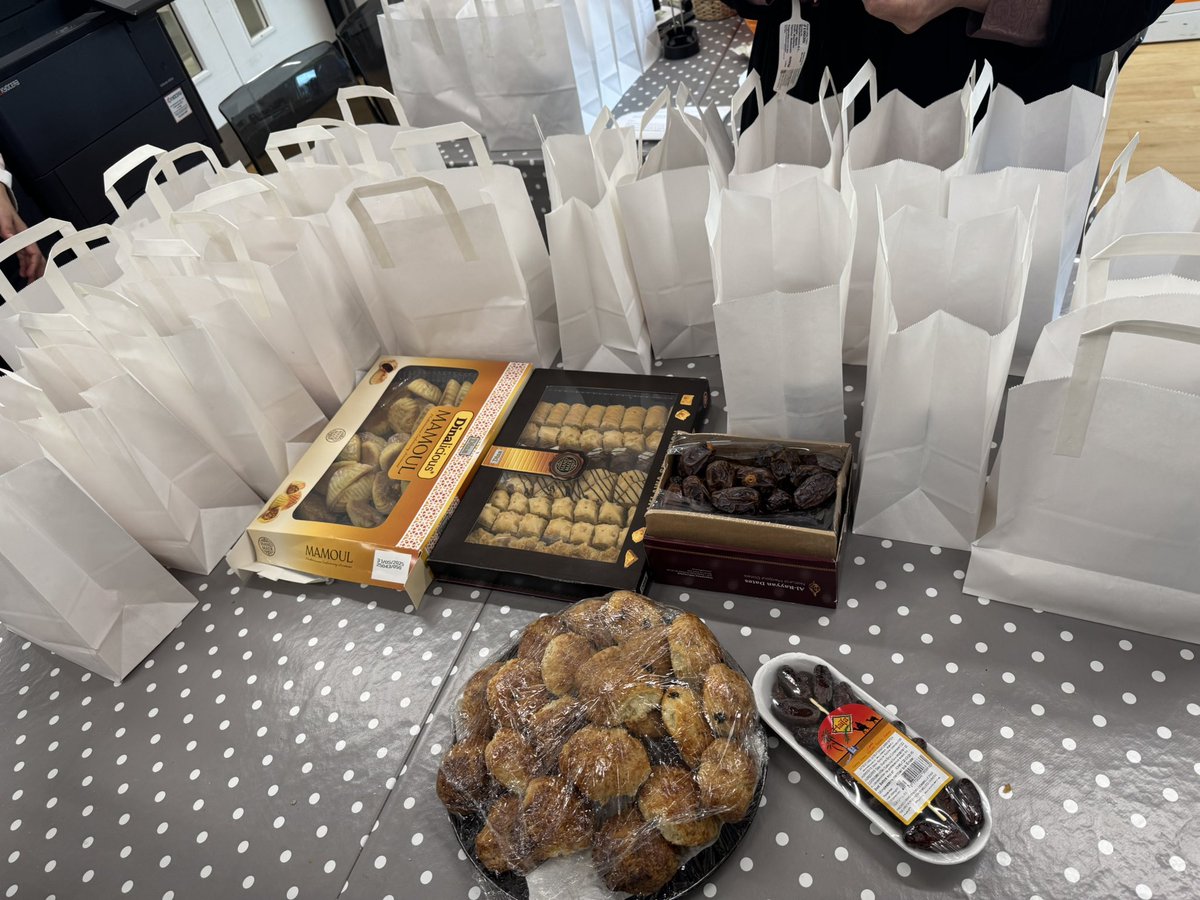History
Intent: Introduction, Vision and Philosophy
At Harris Primary Haling Park, we want our children to be inquisitive and to question the information they are presented with to further their historical understanding. History explores culture, beliefs and values that help pupils to develop an understanding of themselves and others; pupils learn about similarities, differences and diversity and how we live in an interdependent global world. We want children to understanding how they, their family and friends are linked to the historical fabric of their local area, country and the world.
A high-quality history education will help pupils gain a coherent knowledge and understanding of Britain’s past and that of the wider world. It should inspire pupils’ curiosity to know more about the past. Teaching should equip pupils to ask perceptive questions, think critically, weigh evidence, sift arguments, and develop perspective and judgement. History helps pupils to understand the complexity of people’s lives, the process of change, the diversity of societies and relationships between different groups, as well as their own identity and the challenges of their time.
A historian needs:
*Thorough investigative and research skills
*Good communication skills
*An interest in human behaviour, culture and society
*An enquiring mind
Implementation:
What does history look like at HPAHP? Overview:
History teaching focuses on enabling pupils to think as historians. An emphasis is placed on examining primary and secondary sources including historical artefacts, pictures and texts. Where appropriate, pupils are given the opportunity to visit sites of historical significance. Teachers at Haling Park recognise and value the importance of stories in history teaching and as an important way of stimulating curiosity about the past. We focus on helping pupils understand that historical events can be interpreted in different ways and that they are encouraged to ask critical questions when looking at the origins of sources.
At HPAHP children in EYFS use their own experiences, and the experience of our community, to learn early historical skills. We talk about the past and present in circle times and learn that things have not always been as they are today. A key way we explore this idea is looking at our own lives. We bring in baby photos and discuss the changes in our bodies, before thinking about changes in the world around us. Throughout the year we visit places of historical importance in our local area. We offer a range of visits including museums, local area studies and discuss what things have been like for people who lived a long time ago. Comparative language and thinking skills are central to the teaching of all subjects in the EYFS at HPAHP. Lots of lessons begin with ‘What is the same and what is different’ activities and all children are encouraged to give full, reasoned answers. This enables children to develop these crucial aspects of the subject.
During key stage 1, pupils develop an awareness of the past, using common words and phrases relating to the passing of time. They are taught to know where the people and events they study fit within a chronological framework and identify similarities and differences between ways of life in different periods. They use a wide vocabulary of everyday historical terms, which is provided at the start of each new historical unit. Pupils are encouraged to ask and answer questions, making reference to the historical stories and/or stories used within the teaching.
In key stage 2 pupils continue to develop a chronologically secure knowledge and understanding of British, local and world history, establishing clear narratives within and across the periods they study. They are encouraged to make connections between historical events and similarities between empires and civilisations over time and develop the appropriate use of historical terms. Pupils will be supported and encouraged to devise historically valid questions to further their understanding of the period of history, as well as making links to the personal histories of the class and the significance to their current lives. Children are supported to consider the impact of historical events to living memory and how this influences their lives and those of their family and peers. Encouraging this level of discourse is of particular importance to support children in the development of their cultural capital.
Across all stages of teaching and learning we endeavour to create strong and appropriate links with other subjects to enhance the curriculum and learning experience, predominantly but not exclusively with literacy, music, PSHE, art and design and geography.
Curriculum
|
|
Autumn 1 |
Autumn 2 |
Spring 1 |
Spring 2 |
Summer 1 |
Summer 2 |
|
|---|---|---|---|---|---|---|---|
|
Year 1 |
NC |
Changes within living memory |
A significant person who lived in my locality |
||||
|
HPAHP |
How have my toys changed over time? |
Am I making history? |
What makes a person in history significant? |
||||
|
Year 2
|
NC |
The life of a significant individual from the past |
Significant historical event |
A significant historical event |
A significant historical person – compare and contrast |
||
|
HPAHP |
How should we remember Henry VIII? |
Why do we still remember the 5th of November? |
How did the Great Fire change London? |
Who is the most significant explorer? |
|||
|
Year 3 |
NC |
Stone Age
|
Bronze Age
|
Iron Age |
Changes over time |
Achievements of the Earliest Civilisations |
|
|
HPAHP |
Where do the first humans come from |
How did bronze change Britain |
Did life improve in the iron age?
|
Depth Study: Did Britain really change that much in one million years?
|
What did the Ancient Egyptians believe in? |
Life in Ancient Egypt- what has King Tut taught us? |
|
|
Year 4 |
NC |
Ancient Greece |
The Roman Empire |
Study of Non-European Society – Benin 900-1300AD |
|||
|
HPAHP |
How do we know about Ancient Greece? |
Can we thank the Ancient Greeks for anything in our lives today? |
What was life like in Ancient Rome?
|
How did the Romans influence the life in Britain?
|
How can we learn about the Kingdom of Benin?
|
Why was Benin so attractive to foreigners? |
|
|
Year 5 |
NC |
Britain’s settlement by Anglo-Saxons and Scots |
The Viking and Anglo-Saxon struggle to Edward 1 |
||||
|
HPAHP |
What happened to Britain when the Romans left? |
How was Anglo Saxon Britain Ruled? |
What can we learn from life in Anglo-Saxon England? |
The battle of 1066 and what happened next…
|
Did the Vikings leave an impact on Britain? |
Did the Vikings deserve their reputation? |
|
|
Year 6 |
NC |
A local history study |
A study that extends knowledge beyond 1066 |
A study that extends knowledge beyond 1066 |
|||
|
HPAHP |
Was life that hard for all Victorian Children?
|
What have the Victorians done for us?
|
How did life change during WW2?
|
How did WW2 change Britain?
|
Democracy over time |
||
Impact
Evidence and Assessment
At HPAHP children have the opportunity to record their learning in a variety of ways, which is recorded within their History books. Evidence of the learning is dependent on the lesson outcome, year group and the skills and knowledge being developed. This can be in the form of: shared learning folder (KS1), extended writing, photographs of practical activities, historical timelines, speech bubble comments on relating the learning.
Core knowledge of each unit is supported by a knowledge organiser which details the key learning points, vocabulary and key questions. It is our expectation that the knowledge on our organiser is known by all.
Our teachers rely on a range of assessment tools to provide data on the knowledge and skills pupils have, their progress and their development points.
This includes:
- assessment for learning
- challenge tasks
- enquiry tasks
- standards of learning in books
- end of unit questions and quizzing
- pupil voice
Marking is used to monitor progress and impact. Throughout the course of the lesson the class teacher (and support staff where present) will move around the class, offering support/challenge where needed so that each child is receiving direct feedback during the lesson. These conversations will be recorded by writing the adults initials by the side of the piece of work, however far through it the child has got. Over the course of the half term, the teacher will speak to the child at various points in the lesson, so initials would be seen at various points on the page.
At the end of each unit, a quiz will be taken to ensure that all children have retained the relevant knowledge from the unit taught.
















